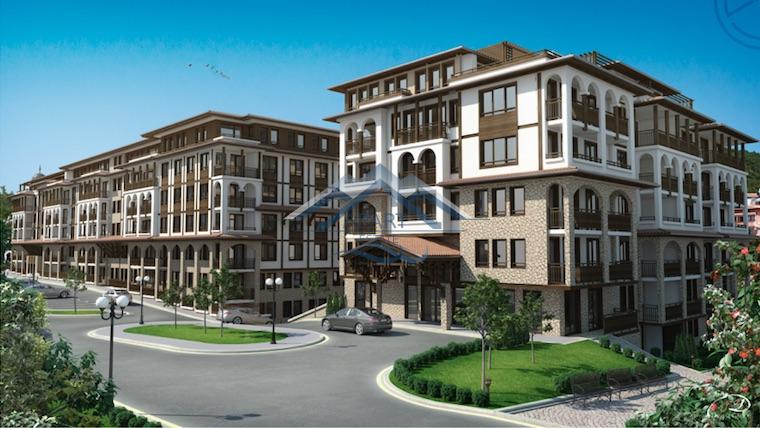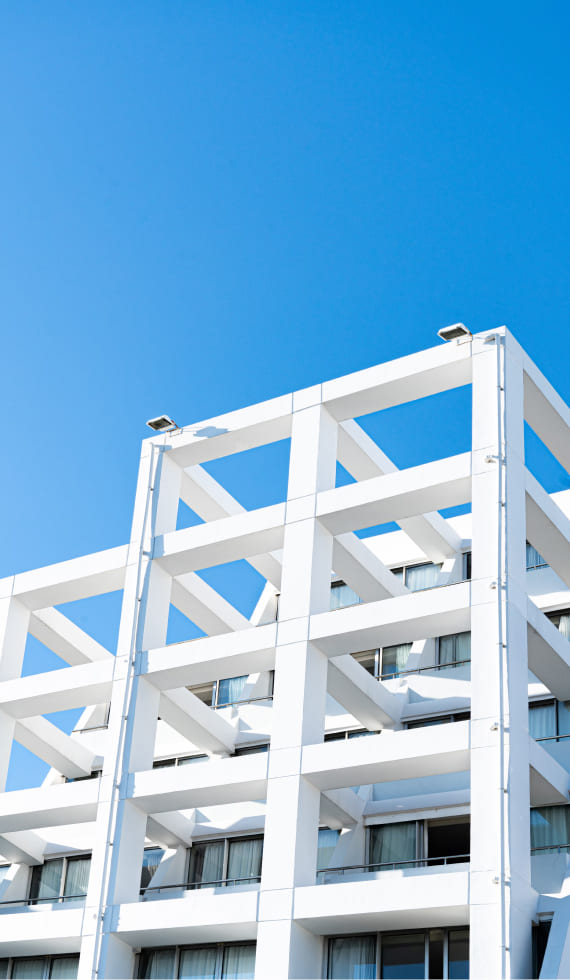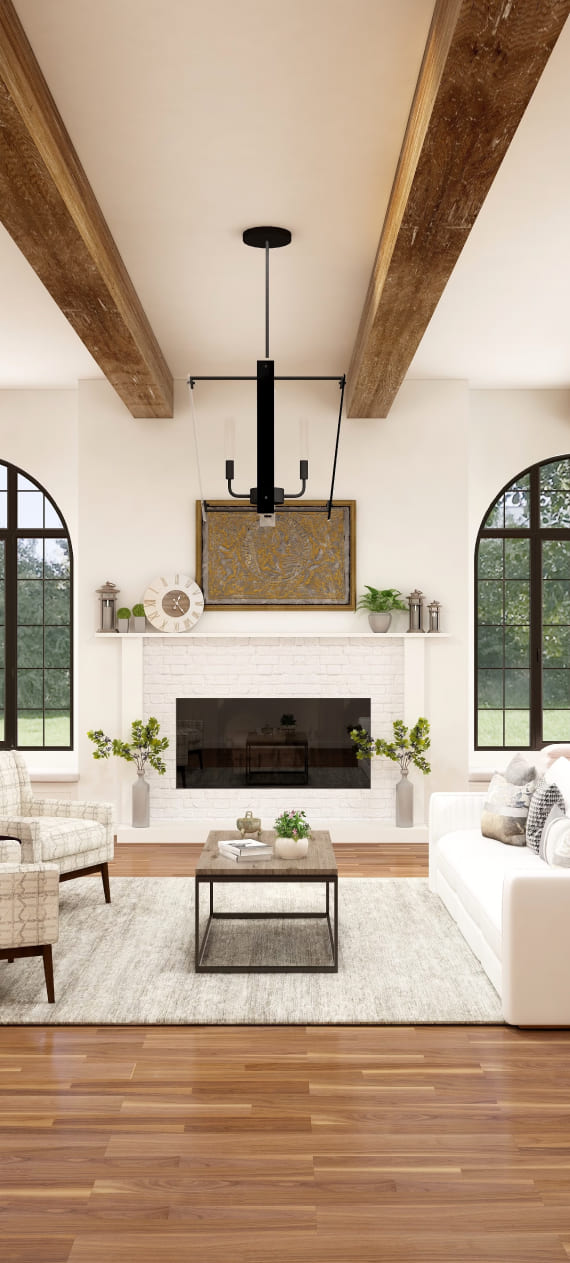What is the condominium ownership management
All property owners want to have an apartment in Bulgaria in a beautiful living building, the yard around it to be cozy and clean, and the maintenance fee to be as little as possible. Recently, more and more people started talking about condominium ownership as a way to reduce costs of maintaining residential buildings and living complexes. As of now, however, there are more questions related to condominium ownership management in Bulgaria than answers. Apart Estate agency invites you to clarify what this type of property management is as well
as to find the advantages and disadvantages.  In accordance with the Property Law adopted in Bulgaria (entered into effect on June 1, 1996), the condominium ownership includes the floors and parts of the floors of residential buildings, complexes, as well as other shared parts, for example, internal walls, and stairs used by owners of adjacent apartments.
In accordance with the Property Law adopted in Bulgaria (entered into effect on June 1, 1996), the condominium ownership includes the floors and parts of the floors of residential buildings, complexes, as well as other shared parts, for example, internal walls, and stairs used by owners of adjacent apartments.
If the residential building was put into operation after 1998, check the notarial act for your apartment, and you will see that in addition to the apartment itself, you own some part of the walls, entrance doors and other structural elements.
Often the area of these elements causes property buyers to feel disappointed; this happens because a studio apartment, one-bedroom or two-bedroom apartment you are looking at turns out to be much smaller than indicated in the documents. For instance the living area of a 40 sq. m studio apartment can only be 34 sq. m. Entering such an apartment, you cannot help but wonder why it is so small. To answer your questions, builders or real estate agents will just refer to the common parts, which constitute your share in the condominium property.
The elements of the condominium ownership may belong to individuals, the state, or municipality. It is believed that the moment of obtaining the right to the condominium ownership is the date of completion of the rough construction, that is, the receipt of Act 14. Already at this stage, you can choose a Managing Board and make decisions on a number of general issues.
What rights does condominium ownership give? In accordance with the Law on the condominium ownership management, which came into effect on 01.05.2009, property owners can:
- Participate in general meetings.
- Elect a Management Board, a Chairman, or a Manager.
- Solve issues related to the maintenance and repair of shared property.
- Determine relations with the developer, insurance, and cleaning companies.
- Assign a monthly or annual fee for cleaning shared areas, replacing light bulbs, pipes, windows, or doors.
- Determine urgent repairs values and collect money without waiting for the owners of the entire residential building to do this.
- Make a decision whether to sign an agreement with a professional management company.
Property owners have responsibilities as well. They have to keep the order on shared parts, make payments, and register the Management Board. No one can take ownership of the shared parts from you. You own them legally. But it is worth noting that if you do not arrange condominium ownership management, then you will probably face the fact that your living building will be managed by a Manager who you can’t trust or by an external management company.
Advantages of condominium ownership in Bulgaria
The owners, who chose a regime of condominium ownership management, receive a number of advantages.
- First of all, it is the speed of solving problems. It is much easier for the owners of 4-5 apartments to get together and determine whether it is necessary to renovate the external walls, change the floor tiles on the stairs or hire a cleaner than to wait for a decision from all the residents or spend nerves and money communicating with the management company.
- Involvement. You, as the owner, are responsible for comfort and coziness on the floor where you live. The fewer participants-owners of apartments, the easier it is to choose a Management Board and a Manager and establish relations with him. The Managers you choose will not be strangers busy with their own issues. They will be your neighbors who are facing the same problems as you.
- One of the main advantages of a condominium ownership is the lower cost of maintenance. You will only pay for what happens on your floor, for the elevator, and for the necessary repairs. It reduces the risk that you will be obliged to cover the debts of unscrupulous owners of apartments on other floors who ignore their duties.
It is also less likely that you will have to bear financial responsibility for works that are not related to your apartment in Bulgaria.
When condominium ownership is not a good choice
Not always condominium ownership solves the problems of property owners. This option is not effective if, for example, your apartment is located in a residential complex where there are swimming pools, park areas, playgrounds, parking, security and access control systems.
Limiting your responsibilities to what is going on your floor, you will see how quickly the shared area will deteriorate. Even the most high-quality equipment and constructions need constant maintenance and repair. The security system can only be ensured by a common, well-thought-out system. In this regard, in order to manage a closed residential complex, property owners in Bulgaria are advised to conclude an agreement with a management company or select a Management Board that will be responsible for the territory and everything that happens on it.
Condominium ownership allows owners of apartments in Bulgaria to deal with property management issues flexibly, quickly and efficiently. This system is convenient for residents of ordinary living buildings. But if you bought an apartment in a gated community by the sea, in the mountains or in the city, Apart Estate recommends choosing other property management regimes.

